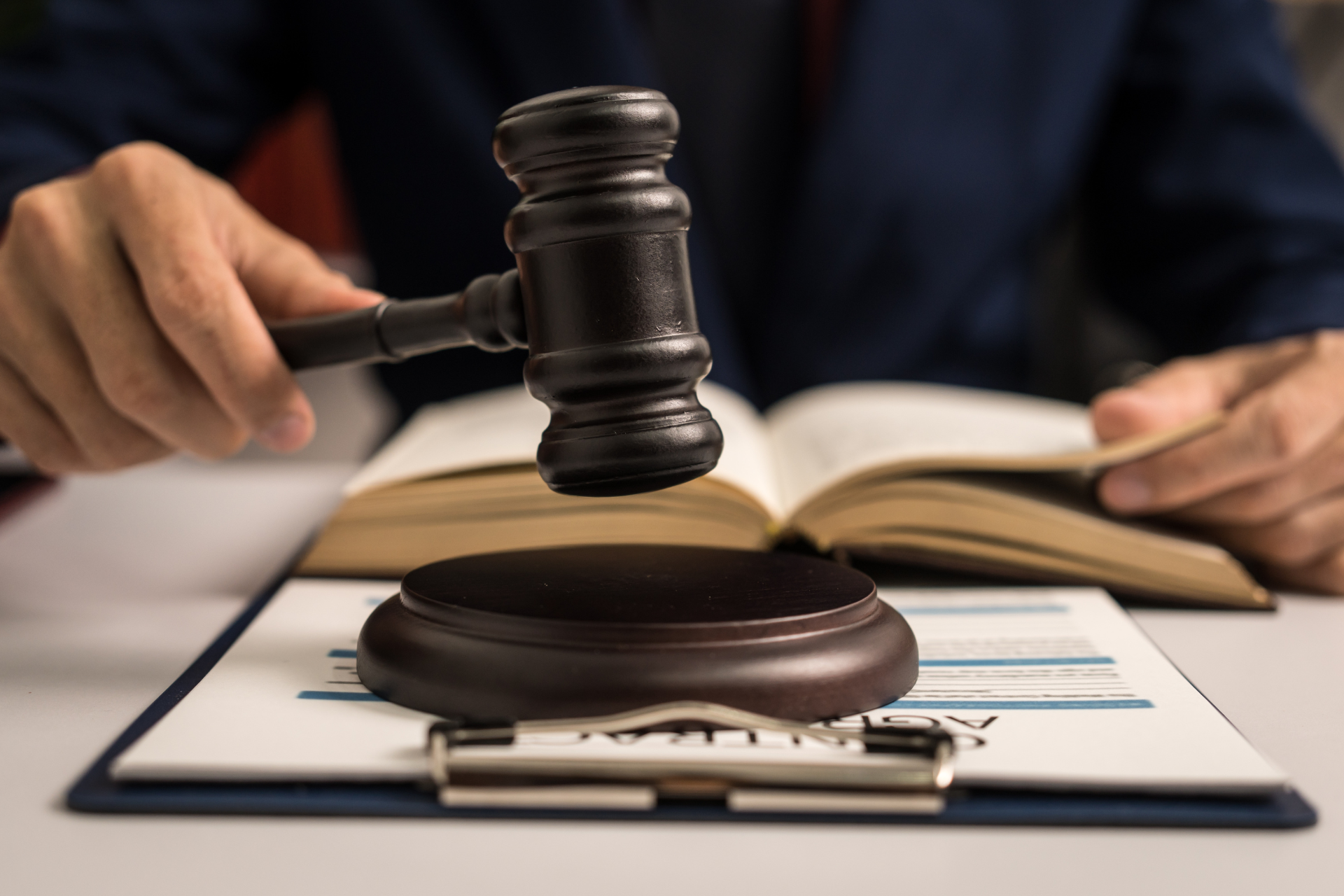Rick Piereck | Sep 23 2025 13:00
Police Questioning of Juvenile Suspects in Maryland After October 1, 2025
Introduction
Beginning October 1, 2025, Maryland law changes the rules for how police may question juveniles in custody. These changes reshape the rights of children during interrogation, the responsibilities of parents, and the strategies defense attorneys must use to protect young clients.
The new law comes from the Juvenile Justice Restoration Act of 2025 , which amends Courts & Judicial Proceedings § 3-8A-14.2. Parents, guardians, educators, and legal professionals must understand how the law now works—and the risks it creates—so they can protect children from making damaging statements under pressure.
The Law Before October 1, 2025
Prior to these reforms, Maryland’s Child Interrogation Protection Act (2022) gave juveniles strong protections. Police could not question a child in custody until the child had consulted with an attorney. Law enforcement also had to notify a parent or guardian before interrogation.
This framework recognized what courts and researchers have long confirmed: children are far more likely to confess falsely or make harmful statements under police pressure, even when innocent.
The New Rule: Parental Consent Can Replace Attorney Consultation
As of October 1, 2025, Maryland law changes. Police may now interrogate a juvenile without attorney consultation if the child’s parent, guardian, or custodian consents.
The statute contains two important additional features:
-
Public Safety Exception: If police reasonably believe that immediate questioning is needed to prevent an imminent threat to public safety, they may interrogate without attorney consultation or parental consent. This questioning must be narrowly limited to the safety concern.
-
Recording Requirement: Whenever feasible, custodial interrogations of juveniles must be audio or video recorded to preserve a clear record of what occurred.
This change hands decision-making power to parents—but it also creates significant risk, because many parents do not realize the dangers of allowing questioning.
A Rebuttable Presumption of Inadmissibility
Even though the law permits parental consent, it provides a critical safeguard: any statement made by a juvenile without first consulting an attorney is presumed inadmissible in court.
This presumption is not absolute. Prosecutors can attempt to admit the statement, but only if they prove by clear and convincing evidence that the child’s statement was:
-
Knowing,
-
Intelligent, and
-
Voluntary.
This is a high standard, and defense attorneys should use it to suppress custodial statements whenever possible.
Why You Should Never Consent to Police Questioning
Parents must understand: do not consent to police questioning of your child without attorney consultation.
-
Once you give consent, the interrogation can begin immediately.
-
Even if the statement is later challenged in court, harmful admissions can shape charging decisions, plea negotiations, and judicial perceptions.
-
Police may tell you that allowing your child to “clear things up” is the quickest way home. In reality, it often strengthens the case against your child.
Protect your child’s future by refusing all questioning until a defense attorney is present.
What This Means for Juvenile Suspects
The updated law has direct consequences for children and their families:
-
Parents may unintentionally waive critical rights. A well-meaning parent who believes cooperation will help may in fact hand prosecutors damaging evidence.
-
Juveniles remain extremely vulnerable. Developmental science shows minors often do not understand Miranda warnings, long-term consequences, or the right to remain silent.
-
Defense attorneys gain a suppression tool. The rebuttable presumption favors exclusion, but only if counsel files the proper motions and raises the issue.
-
Police agencies must adjust protocols. Officers must now obtain parental consent, limit questions in emergencies, and preserve recordings.
Guidance for Parents and Guardians
If your child is arrested or detained in Maryland after October 1, 2025, follow these steps:
-
Do not consent to questioning under any circumstances until your child has consulted with an attorney.
-
Politely but firmly tell police: “My child will not answer questions without a lawyer present.”
-
Call a juvenile defense attorney immediately. Do not wait to see “how things play out.” Every minute matters.
-
Do not be pressured by promises that speaking will “make this easier.” Once words are spoken, they cannot be taken back.
The Defense Attorney’s Role
For defense lawyers, the new interrogation law creates both challenges and opportunities. Counsel must:
-
Challenge parental waivers as uninformed or coerced.
-
File motions to suppress statements under the rebuttable presumption.
-
Demand all recordings to ensure accurate review of the interrogation.
-
Educate families ahead of time so they understand never to consent without legal advice.
These steps can determine whether a child faces conviction or protection under the law.
Conclusion
As of October 1, 2025, Maryland police may interrogate juveniles without attorney consultation if a parent consents. However, any statement made under those circumstances is presumed inadmissible unless prosecutors meet a demanding legal standard.
For families, the lesson is absolute: never consent to police questioning of your child without consulting an attorney first. The stakes are too high, and the risks too great.
For attorneys, the new law provides a valuable suppression argument and an opportunity to protect children from unfair interrogation practices.
Call to Action
If your child is facing police questioning or juvenile charges in Maryland, you need immediate legal guidance. At Piereck Law, LLC, we represent juveniles and families in Calvert County, St. Mary’s County, Charles County, Anne Arundel County, and Prince George’s County.
We understand the risks of juvenile interrogation and will fight to protect your child’s rights under Maryland’s new interrogation laws.
📞 Call Piereck Law, LLC today at 443-684-2165 to schedule a confidential consultation.











